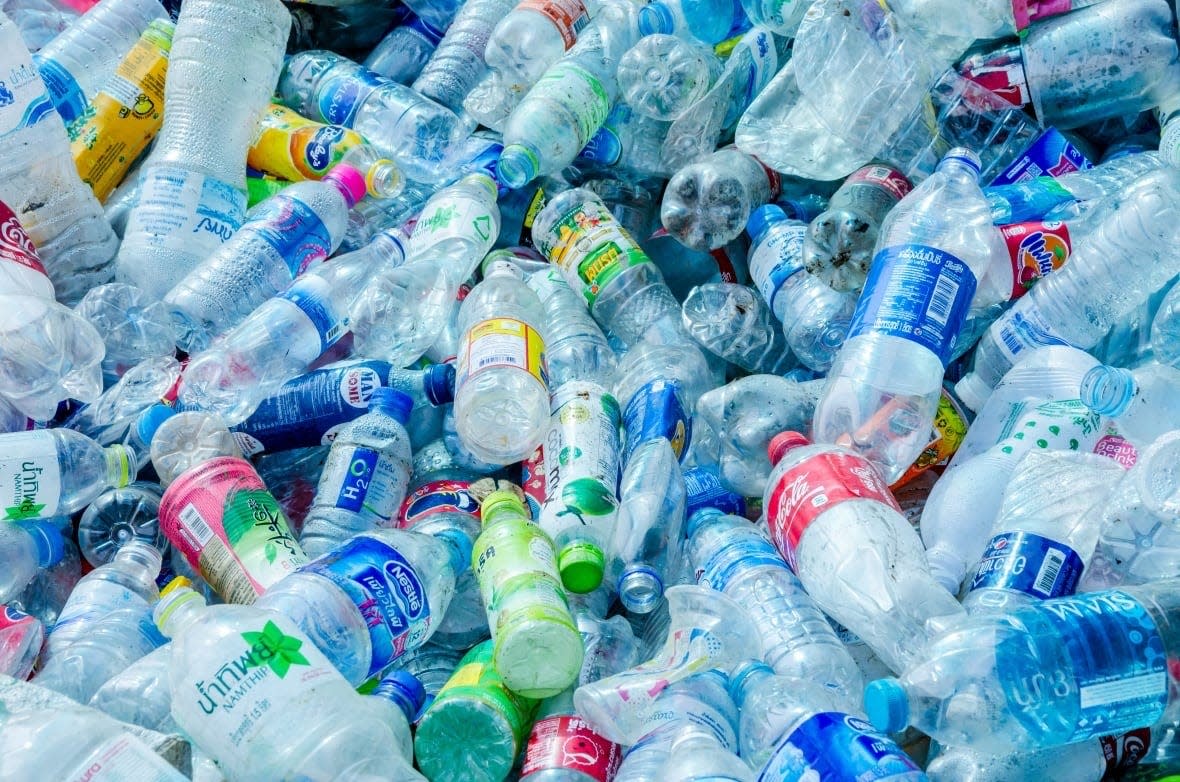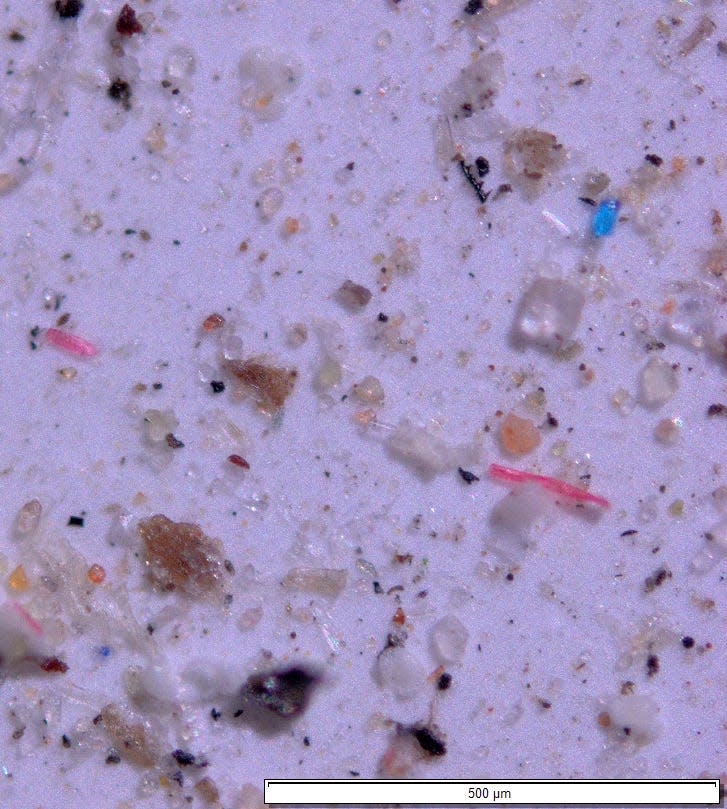Prime Day wastes can end up in our waterways. Learn how you can prevent it.

A week after Prime Day, Amazon’s annual two-day deal event that offers members deals on brand-name goods, there's concern over the tons of added single-use plastic that gets discarded and often ends up in waterways.
In an effort to protect wildlife, experts recommend a few suggestions.
“While Amazon packaging may sometimes be better than it used to be, if you select the option to get all of your items delivered in fewer boxes, on the same day that will decrease the amount of packaging and emissions,” said Camilla Sherman, assistant education director for Phinizy Center for Water Sciences in Augusta. “But really, the most sustainable thing you can do is try to avoid online shopping and buy from a local store instead.”
Sherman said lots of people are aware of how plastic waste can negatively impact wildlife. But there’s a bigger issue.
“Microplastics are a really big issue,” said Sherman. “Microplastics are what happens when plastic starts to break down.
"We have all this plastic that we’re producing and using that’s not being disposed of properly and ends up in our waterways. Over time it breaks down from weathering and UV light into smaller pieces and is eventually consumed by animals. Microplastics break down in the body and release chemicals that cause issues internally.”

We are what we eat
“Microplastics are in our bodies, too,” said Sherman. “One in three fish has plastic in it. When we consume marine life we are consuming these plastics. ”
Sherman said waste can come from sewer overflows, general littering and inadequate waste management and disposal.
“The main source of plastic ending up in the ocean is runoff,” said Sherman. “When it rains, the rain picks up debris that's outside and carries it to the lowest point which is the river which will flow into the ocean.”
Sherman admits that figuring out what can and can’t be recycled is a bit challenging.
“I still recycle myself but unfortunately, it is so complicated,” said Sherman. “You have to research to make sure that the facility will take what you’re putting in your recycling bin. I have to separate out all of my different types of recyclables and take them to different places.”
In case you missed it: A look at threatened or endangered animals here in Georgia. Here's how to help.
And: 'You see a lot of miracles': Hope for Hooves provides hands-on animal education, therapy
Composting! What’s that?
Composting is the process of recycling organic materials into an amendment that can be used to enrich soil and plants.
“The simplest way to compost is to take items like eggshells, coffee grounds, tea bags, carrot tops, onion skins, and find a spot on your property to make a compost pile,” said Sherman. “What happens is decomposers like bacteria ... and all of our helpful bug friends will break down those materials, turning it into really healthy soil.
"Composting can reduce the amount of trash you’re producing. If you want you can then use it in your garden. Lots of gardeners compost.”
Food scraps and yard waste currently make up 20% to 30% of what we throw away, according to the United States Department of Agriculture.
Additional benefits of composting according to the U.S.D.A.:
Feed the soil without using chemical fertilizers.
Keep food waste out of the landfills and prevent greenhouse gas emissions.
Conserve water by building healthy soils.
This reporting content is supported by a partnership with several funders and Journalism Funding Funding Partners.
Erica Van Buren is the climate change reporter for The Augusta Chronicle, part of the USA TODAY Network. Connect with her at EVanBuren@gannett.com or on Twitter: @EricaVanBuren32.
This article originally appeared on Athens Banner-Herald: Amazon Prime Day equals online deals, increase in single use plastic

